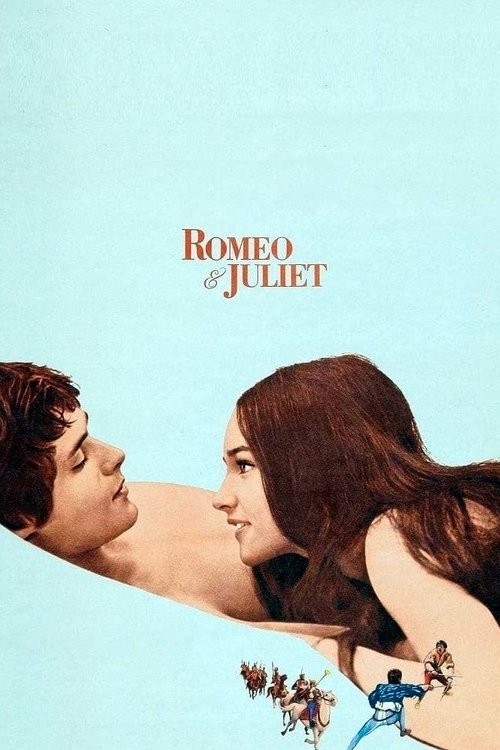
Title: Romeo and Juliet
Year: 1968
Director: Franco Zeffirelli
Writer: Franco Zeffirelli
Cast: Leonard Whiting (Romeo), Olivia Hussey (Juliet), John McEnery (Mercutio), Michael York (Tybalt), Milo O’Shea (Friar Laurence),
Runtime: 138 min.
Synopsis: Romeo Montague and Juliet Capulet fall in love against the wishes of their feuding families. Driven by their passion, the young lovers defy their destiny and elope, only to suffer the ultimate tragedy.
Rating: 7.4/10